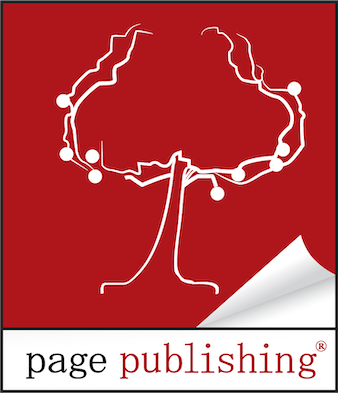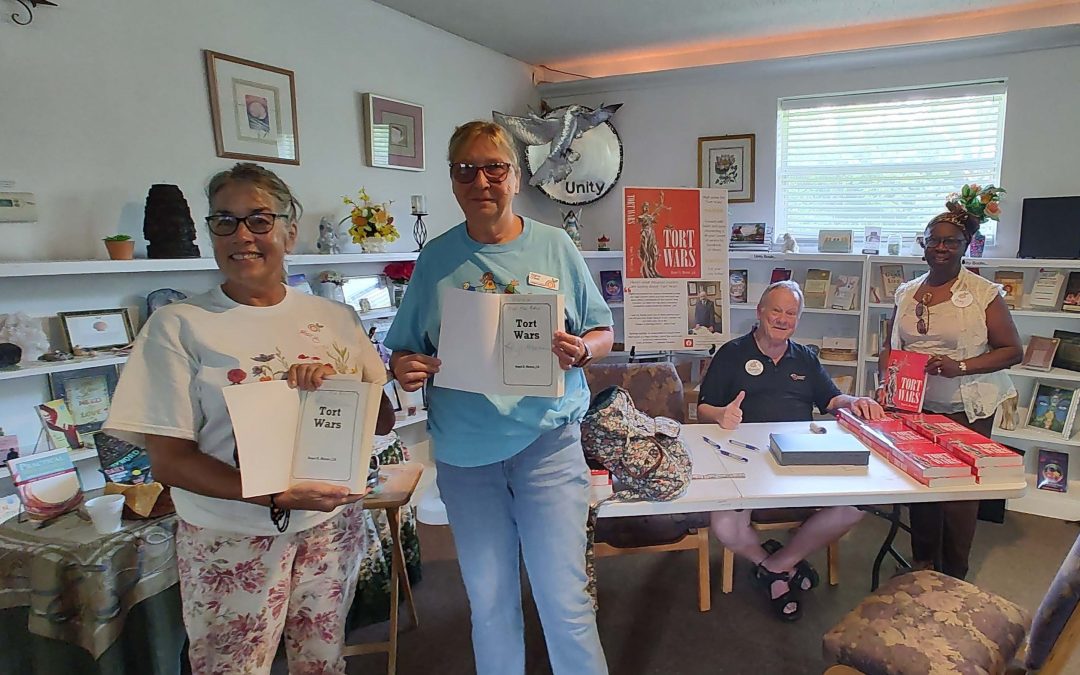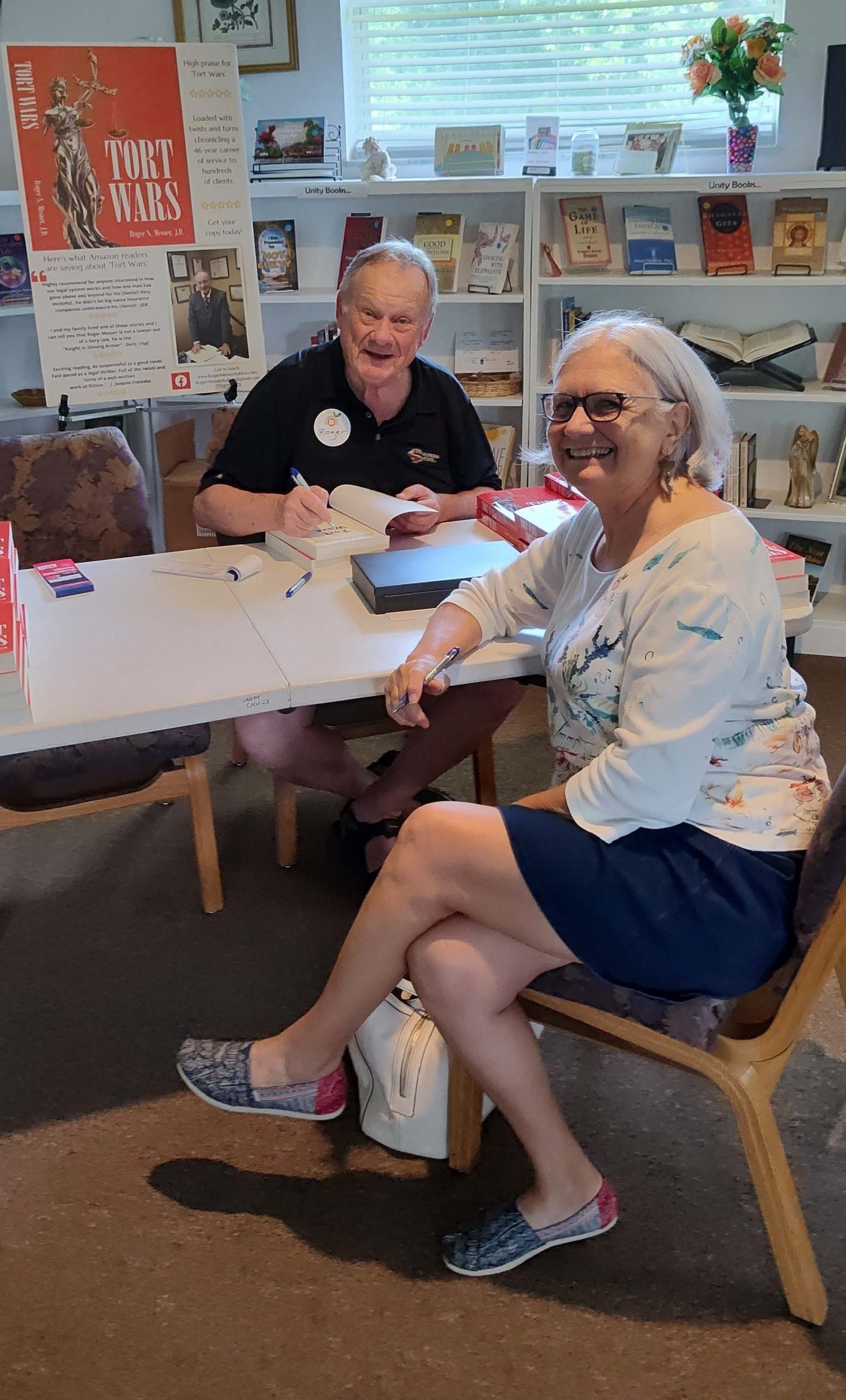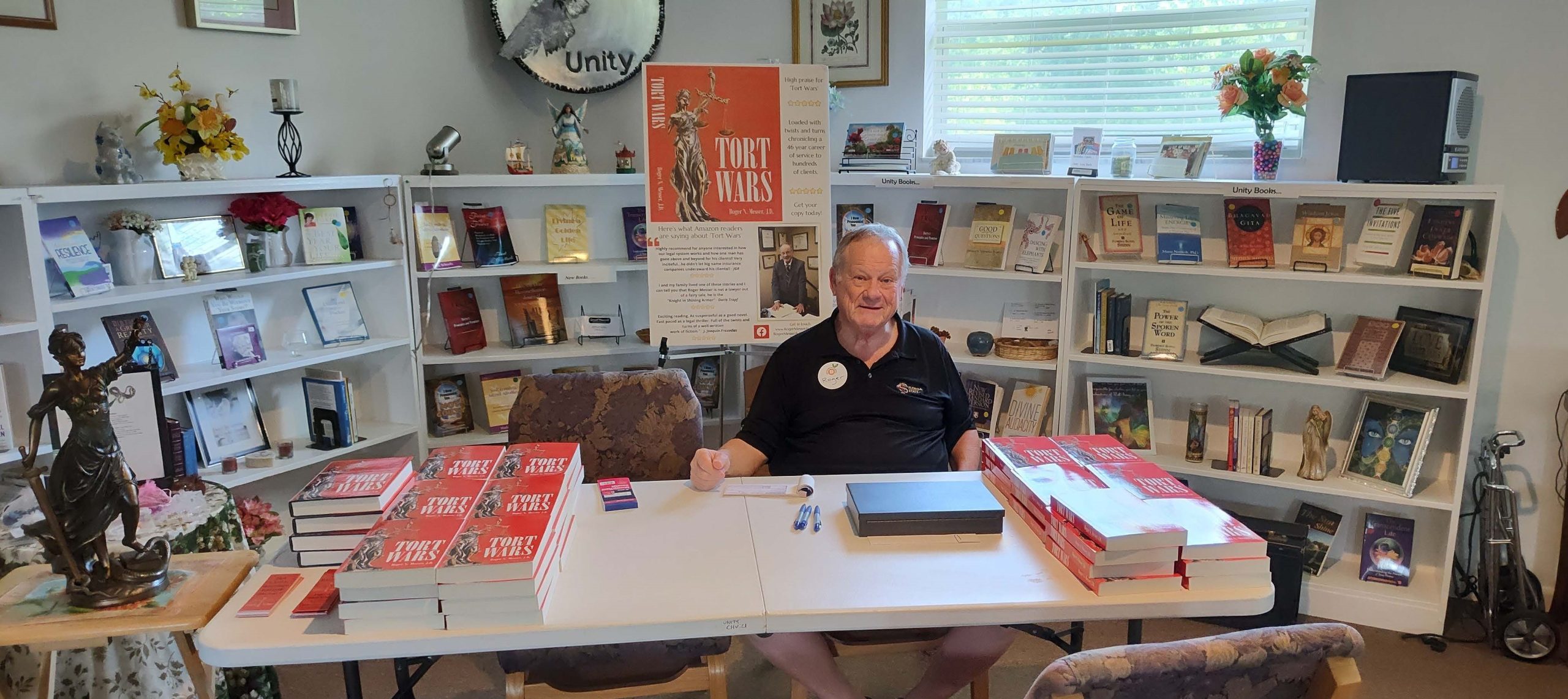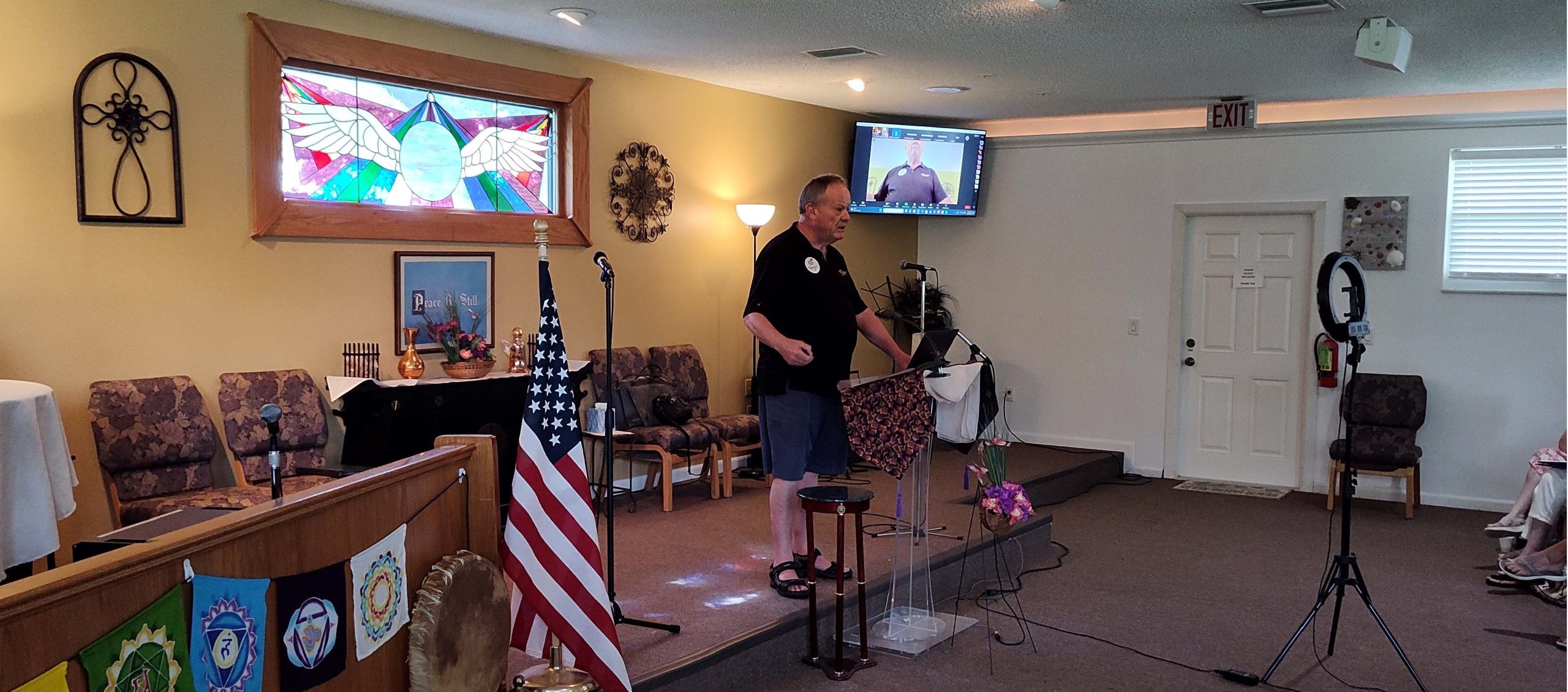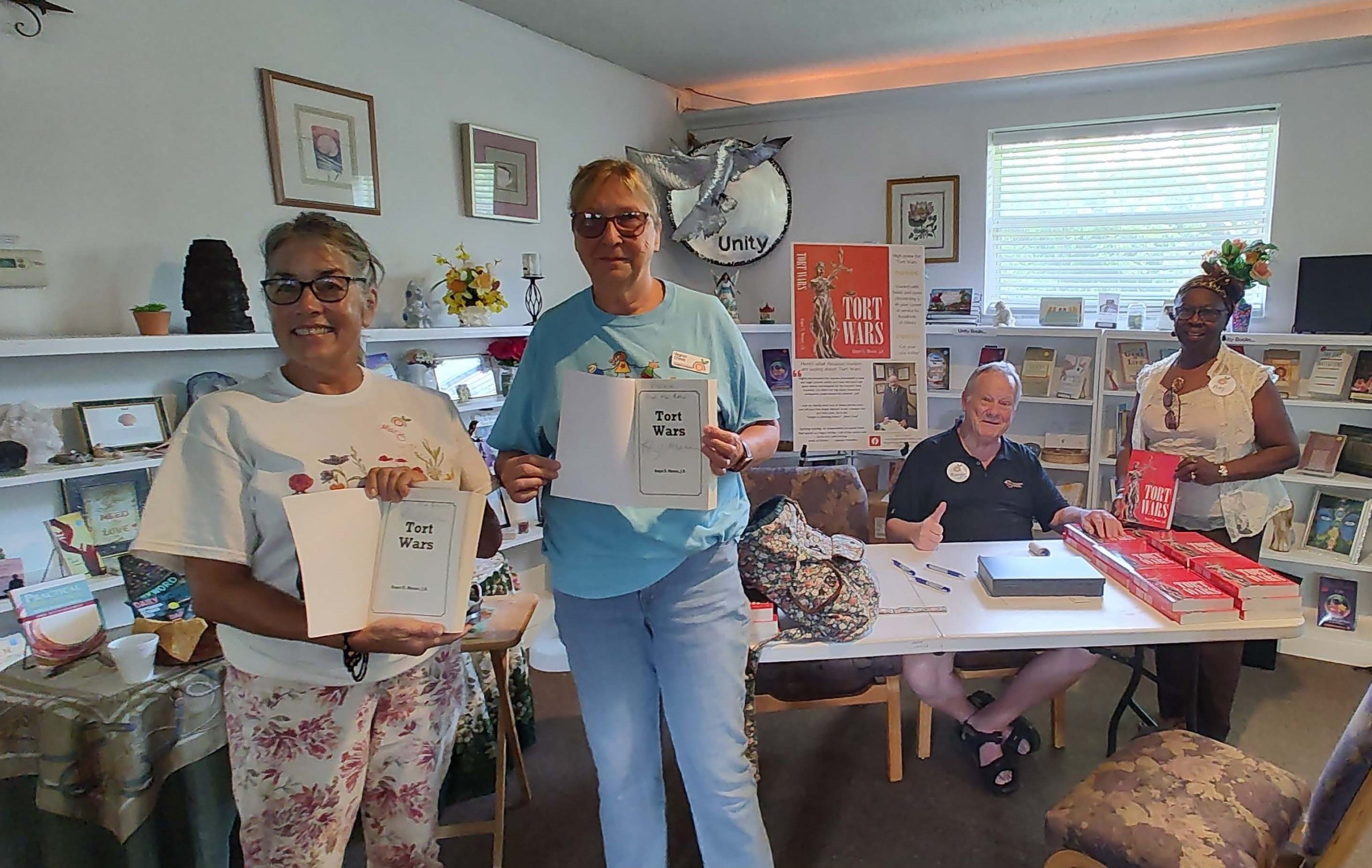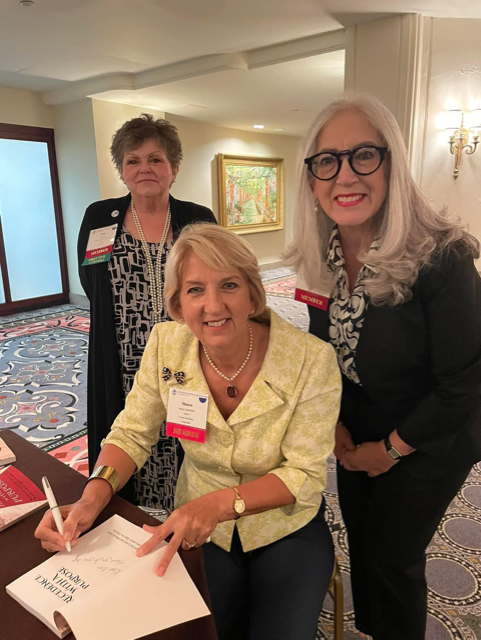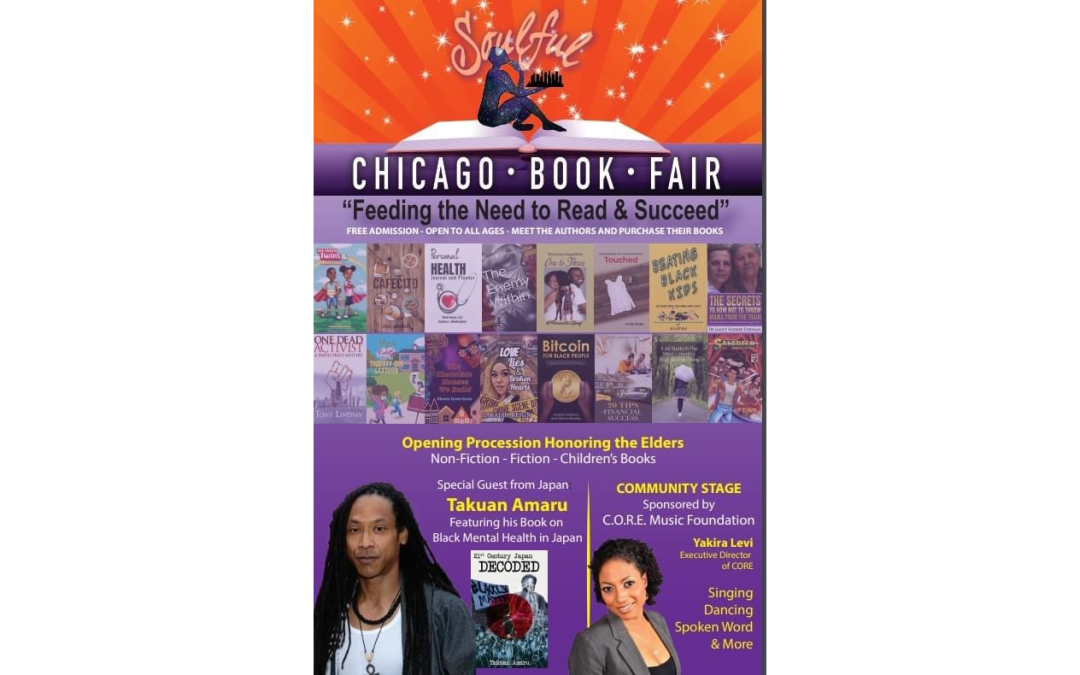
How Authors Can Use Social Media

There’s no debating the power of social media, and in today’s competitive book market, authors would be foolish not to tap into the myriad of opportunities. That said, social media can also be overwhelming, especially for newbies. With so many platforms and trends, it’s hard to keep up—and to know the best place to focus your efforts. Read on to learn about the most popular social media platforms for authors and tips and ideas to promote yourself and your book.
Four Social Platforms for Authors
There are so many ways authors can engage with readers online. However, the four most common social media platforms for writers are:
1. Facebook
Facebook, the original social media platform, is the most widely used and contains the most diverse demographics. So, chances are high that you can find your readership here, even if you write in a niche category. Create an Author Page separate from your personal account for the most professional approach. You can post book updates, events, or anything your followers would find fascinating here.
2. Instagram
Dubbed “the visual platform,” Instagram is a feed of highly-curated images. It isn’t the place for linked articles or overly wordy posts. Its focus is on aesthetics, where pictures and videos reign supreme. A pocket of this social platform is known as Bookstagram, where users post book-related content such as reviews, covers, book stacks, and virtually anything related to reading and publishing. Use the hashtag #bookstagram to search for reviewers you can pitch or simply to help your posts gain traction. Experiment with Reels, which are Instagram’s built-in videos (similar to TikTok).
3. TikTok
One of the newer socials, TikTok is known mainly as the preferred platform for Gen Z—but that doesn’t mean you shouldn’t explore here too. Short, catchy, and entertaining videos dominate it. Like Instagram, one division of this growing platform is dedicated to book content—welcome to BookTok! Search the hashtag to discover everything from reviews to rants and raves from readers. Authors can connect with content creators on BookTok who have massive followings. Maybe your book will be the next viral video!
4. Twitter
Authors enjoy Twitter because of the extensive community of writers who use the platform. It’s a great way to connect, stay plugged into the latest industry news, and promote your author brand. The short character limit means that your posts must be concise and to the point, a great way to practice your book’s elevator pitch.
Social Media Tips for Authors
Now that you know a bit about each popular social media platform, you might be ready to jump in head first. But wait—before you start, there are a few important things to remember to tackle social media effectively and strategically.
- Optimize your posts. SEO (Search Engine Optimization) improves the quality of search results, which means you want to use the best wording in your posts to increase your likelihood of discoverability. What are people looking for? What are key buzzwords? Use these in your captions and as hashtags.
- Choose the right platform. Being active and engaging on all social media platforms is a good way to spread yourself too thin. Instead, select two (primary and secondary) where you will direct your effort. How to choose? Think about where your ideal readers hang out. Are they 40+? They’ll likely be on Facebook. Are they teens and twenty-somethings? They’re definitely on TikTok. Make the most of your social media strategy by starting narrow and growing over time.
- Experiment with ads. Warning: Ads are not for the faint of heart. They can be money and time suckers, leaving you more frustrated than anything. However, they can also be highly successful at selling books. The key is to do your research in advance. Watch webinars and instructional videos. Take a free course. Learn all you can about implementing an advertising strategy before you dump money into social ads.
- Use the 80/20 rule. It’s tempting to dive into social and sell, sell, sell. But that’s a surefire way to turn off your followers. They don’t want your product shoved down their throats. Instead, focus most of your posts on things like education, entertainment, or something you find fun. The other (much smaller) percentage of posts can be promotions for your book.
